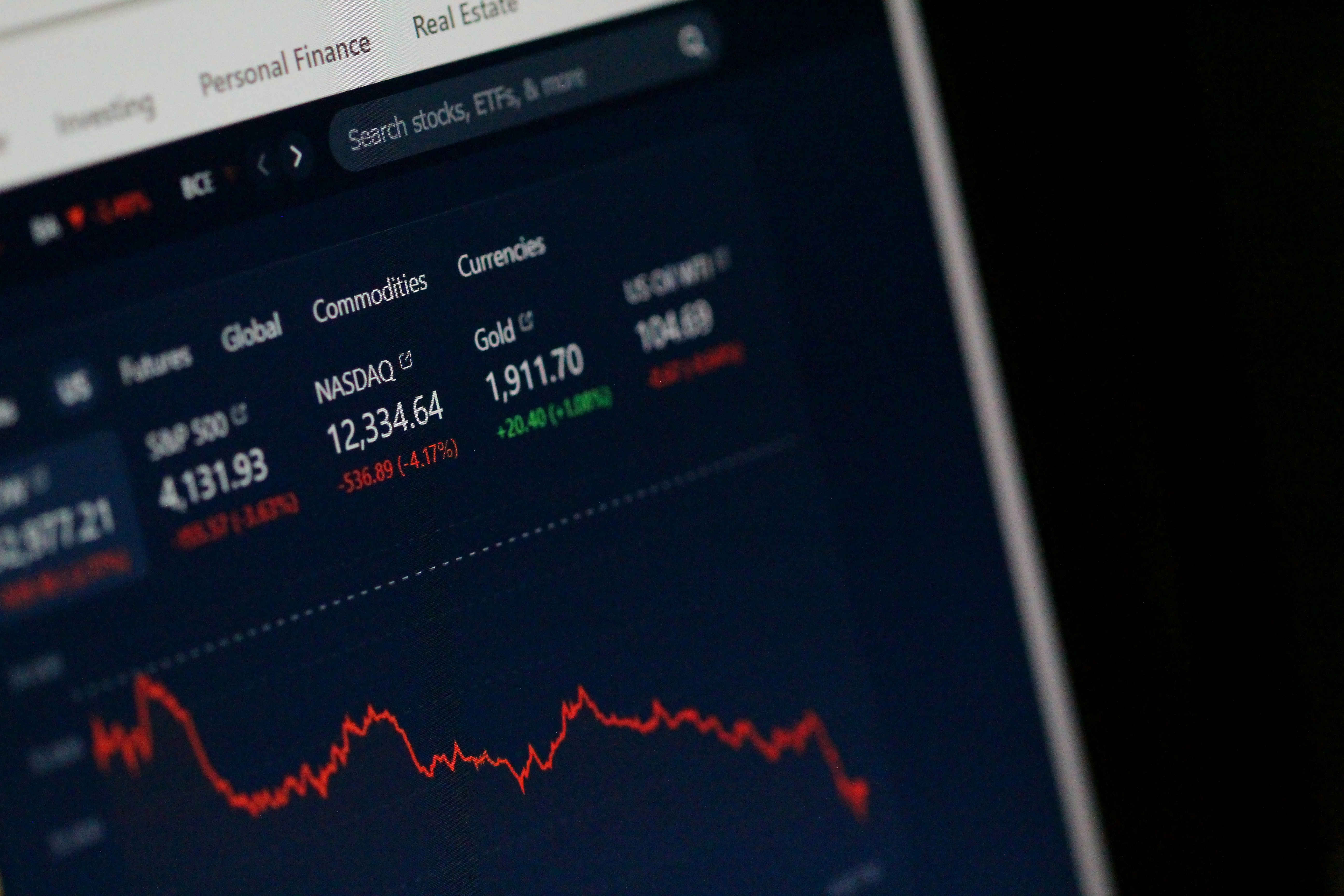In an era where the global transition toward greener industries is reshaping economic and security dynamics, middle powers face unique challenges and opportunities. The competition to establish low-carbon industrial networks, fueled by advancements in electric vehicles (EVs) and renewable technologies, has intensified. Central to this shift is the race to secure critical minerals—essential resources for green and high-tech industries but vulnerable to supply chain disruptions.
This policy paper explores how Indonesia, a resource-rich yet industrializing nation, and the Republic of Korea (ROK), a trade-dependent middle power, navigate these challenges. Both countries must contend with the growing polarization of supply chains amid great power rivalries, particularly the influence of China in critical mineral production and refinement. Despite differing economic structures and strategic priorities, Indonesia and Korea have a shared interest in fostering resilient and cooperative supply chains to mitigate the impacts of geopolitical competition.
By analyzing the strategic importance of critical minerals within their national and foreign policy frameworks, this paper identifies areas for collaboration between Indonesia and the ROK. It offers actionable recommendations for advancing partnerships that support sustainable economic growth while addressing the structural impacts of global competition. The study also highlights lessons that can guide other middle powers in adapting to the evolving landscape of critical mineral supply chains.








